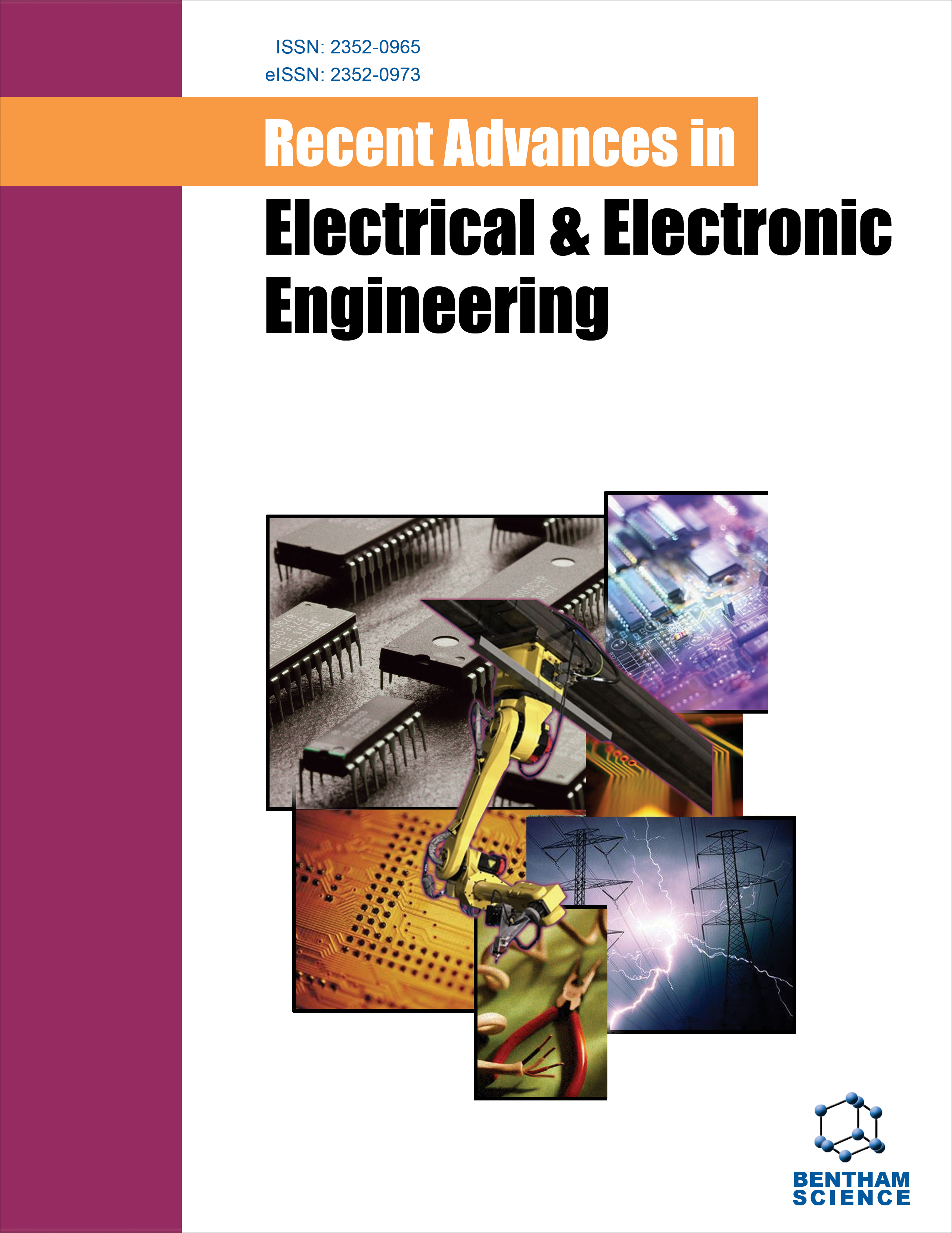
Full text loading...

A re-evaluation of distribution transformer ratings is necessary to ensure efficient and reliable operation due to the significant impact of the growing number of electric vehicles (EVs) on load dynamics. The objective of this study is to optimize the rating of the distribution transformers to accommodate the year-round demand for electric vehicle charging while minimizing expenses and no-load losses. The performance and lifespan of transformers under dynamic hourly loads are evaluated by analysing real-world EV charging data, load profiles, and transformer parameters. Using state-of-the-art simulation, real-world data analysis, and optimization algorithms, this study optimizes the transformer distribution ratings under the integration of EV charging and renewable energy.
Dynamic hourly load changes can be captured by analysing real-world electric vehicle charging data in conjunction with seasonal load profiles. In order to maximise transformer lifetime and minimise losses, convex optimisation is subjected to Karush-Kuhn-Tucker (KKT) conditions. Transformer performance is also assessed by using energy storage devices and solar energy simulations. To determine the impact of various electric vehicle charging scenarios on thermal stress and transformer ageing, sensitivity analyses are performed.
Transformers with a 10% higher rating can manage maximum electric vehicle charging loads with a 15% slower loss of life acceleration, according to our models. Transformer performance is further optimised with the integration of solar energy and energy storage systems, which improves load control and reduces operational costs by up to 20%.
Using a convex optimisation framework and the Karush-Kuhn-Tucker (KKT) criteria, the study achieves a 95% accuracy rate in predicting hourly load fluctuations.

Article metrics loading...

Full text loading...
References


Data & Media loading...